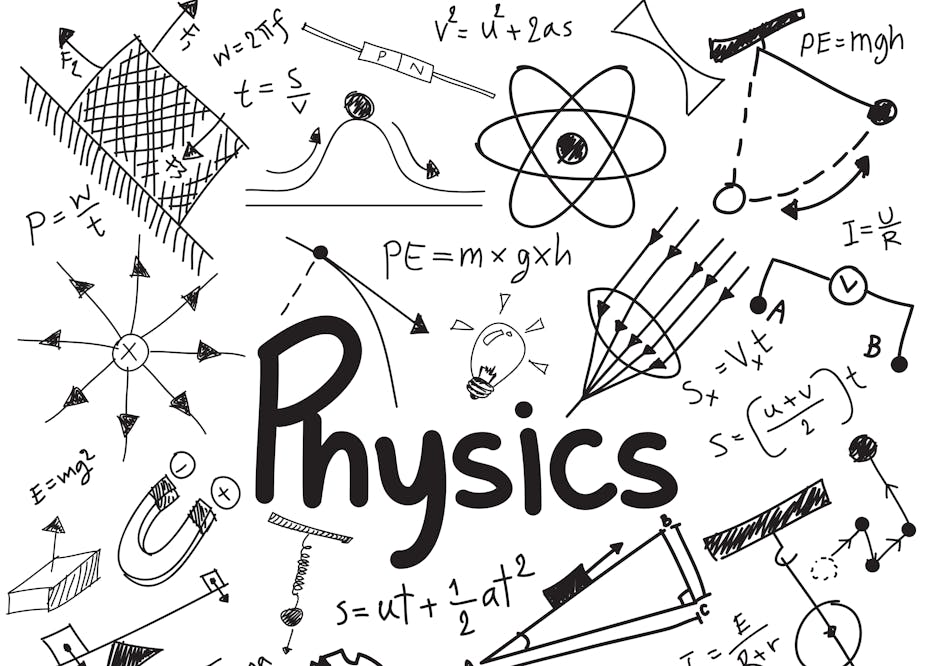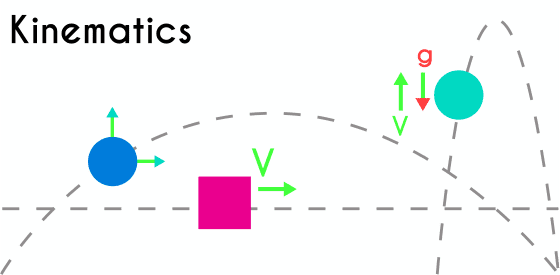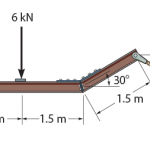Is physics hard? Yes. It often is considered as a weed-out class for engineering majors. Physics is a topic that covers the motion and behavior of objects as they relate to space, time, and energy. Often, Physics enters most curricula around the junior year of high school and continues for many through higher study.
This article will outline further what physics entails, a first-hand account of how “hard” the curriculum is, and how it applies later on in an engineer’s career.

What is Physics?
Pphysics is an entry point of engineering mechanics in typical engineering curriculum. This may be tough for many students new to the subject. It is also a class crucial to the introduction to engineering mechanics.
Similarly, Physics is algebraic at the lower level in high school curriculum. Physics often refers to the application of Newtonian laws to the physical world. Specifically, Physics studies how forces interact with bodies and applies that insight that to engineering systems and situations. Physics helps an engineer to visualize and more accurately apply natural laws governing the physical world. This is a to the benefit and control of a system, body, or related processes.
Physics deals with a variety of topics that make more sense as they are introduced in succession and build off of each other. Typically, a student encounters kinematics which deals with objects in motion on the two-dimensional plane with no reference to the forces that cause the motion. These characteristics are applicable through existing knowledge of algebra and simple formulaic derivations of newtons laws.
From kinematics, dynamics and circular motion are the most sensible topics to expand on. They begin to look at objects experiencing changes in acceleration due to force. This higher-level analysis of force on an object is then useful in understanding energy and momentum.
Physics typically slots into the curriculum as a sophomore-level class for high school students and as an intro-level undergraduate course for many engineering students. Applications for physics differ for each engineering discipline as there is a variety of different applications depending on the chosen discipline. From personal experience, I took Physics I and II as a requirement for a degree in mechanical engineering.
The Difficulty of Physics
Whether encountered in high school or college, physics generally poses a challenge for either student.

Is Physics Hard in High School?
Coming up in high school, most students feared their junior-level physics class. The horror stories were rampant and I had no idea what to expect as it was my first time dealing with the topic.
My initial stint with physics was quite challenging as I did not approach the topic as a logical relation between math and Newton’s laws. I viewed physics as unrelated to what I had studied in previous classes and that was a cause for my early struggles.
However, once I began to see the course as building on my previous knowledge, with the application of Newtonian law, the topic became more enjoyable and easy to understand. As a stand-alone topic, Physics is complex. Cutting it into related understanding with the utilization of previous knowledge makes this daunting subject more manageable.
Is Physics Hard in College?
Physics I provides the first of the mechanics in most curricula and pairs with “weed out” courses such as Physics II. There is typically a distinction between engineering and general versions that all other majors take. The main difference is that engineering version is typically calculus-based while non-engineering version is algebraic.
This alone differs from what most new college students may have been accustomed to in high school. However, it shortens calculations by utilizing more advanced mathematics like the integrals and differentials of calculus.
One thing to note when answering the question “Is Physics Hard?” would be the idea that it is the first class you will find yourself truly studying for. It is often the first of your courses in which most of the surrounding students are engineering majors.
Something that was new to me was receiving extremely low grades in many physics courses. Oftentimes, test grades are non-reflective of genuine understanding of the topic because of how broad it is. It is the first of engineering courses in which low grades become normal. Often professors curve these grades to meet passing standards. This is where you must learn to compare your understanding with the rest of the class and not just the low number that you see in front of you.
For me, that mindset shift was one of the hardest things about physics. Understanding that the numerical grade wasn’t as important as your understanding stood against that of your peers.
Is Physics Harder Than Calculus?
Many argue Physics is harder than Calculus. A common reasoning is the difficulty of aceing a Caclulus test versus Physics. Calculus tends to present in a pretty predictable manner whereas even determining the right equation to use in Physics can prove to be difficult.
My personal contention is Physics is harder than Calculus. I suspect many of my peers agree, as its easy to make errors during the countless varaible and equation manipulations. However, Physics deals more in the practical realm and Calculus strictly in the theoretical. This may lead some students to consider Calculus as harder.
Future Applications
As a working engineer, I can attest to the validity of having physics as a crucial and entry-level course. Whether you are working with construction, aerospace, structural systems, mechanical systems, robotics, or even medical devices, understanding and applying the principles of statics are crucial. When it comes to design, physics is crucial to the proper design and implementation of any system.

A specific example of this application would be in the realm of structural engineering. Structural engineers are tasked with designing superstructures such as buildings, bridges, high rises, and oil rigs with structural integrity in mind. To perform the job in a safe and ethical manner, structural engineers must possess a complete understanding of statics. Without this working knowledge, a structural engineer will not be able to produce or create safe and viable designs.



